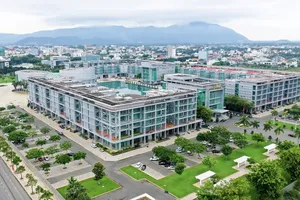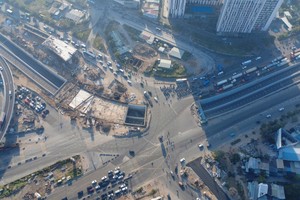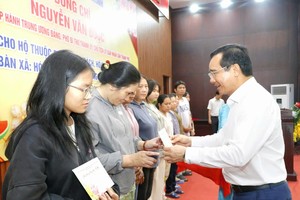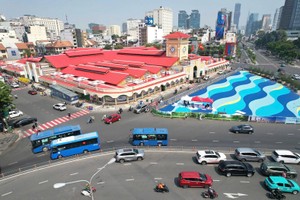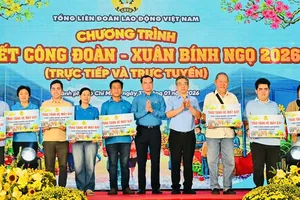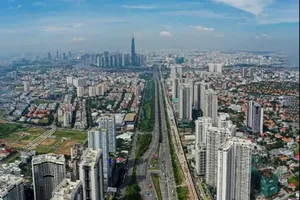Yesterday, the Ho Chi Minh City Department of Construction submitted a report to the Ho Chi Minh City People's Committee evaluating the implementation of housing development policies and the real estate market related to the Resolution No. 18-NQ/TW and the 2024 Land Law.
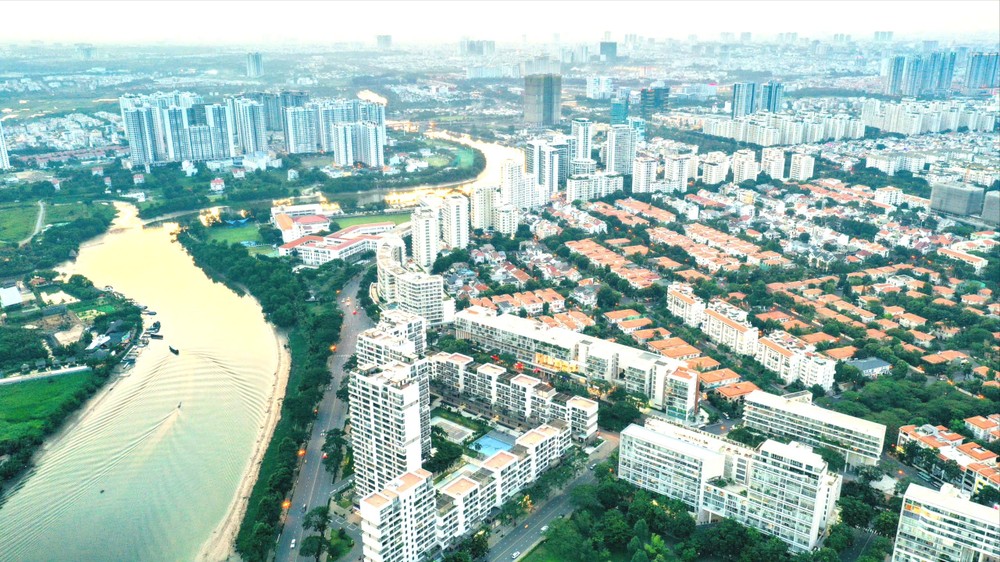
The Ho Chi Minh City Department of Construction states that the 2024 Land Law eliminates the limitations and shortcomings of the 2013 version, particularly in housing development and the real estate market. The new law is expected to ease long-standing bottlenecks, especially in land price determination and administrative procedures related to land allocation, leasing, land-use conversion, and the issuance of land use rights certificates for housing projects. These changes aim to accelerate housing development and revitalize the city's real estate market in the near future.
However, in practice, there are still challenges that need to be addressed during the implementation of the 2024 Land Law to foster housing development and the real estate market. Specifically, this law lacks coherence with land law, housing law, real estate business law, and subordinate legal documents. For instance, issues such as determining cases for land use rights auctions, bidding for projects involving land use, or calculating financial obligations related to land remain unresolved.
Furthermore, rising land prices impact housing prices and the real estate market. The abolition of land price frameworks and land price tables, along with the regulation to determine land prices based on market principles, could drive up project input costs. This directly affects housing sale prices, leading to an increase in the real estate market value, creating difficulties for homebuyers, especially for affordable and social housing segments. Simultaneously, determining "market price" demands significant capacity from state agencies and consensus from relevant parties.
Without a sufficiently large and accurate database, land valuation could be abused or lack transparency, leading to disputes. The varying market prices across different localities risk leading to local authorities setting high land prices to increase budget revenue, or prices becoming dependent on market speculation factors, and so on.
According to the Department of Construction, Ho Chi Minh City currently faces a shortage of land for social housing development. Although the Land Law 2024 includes preferential policies for social housing development (exemption from land use fees and land rent), identifying land funds for social housing remains a major challenge.
The law stipulates that commercial housing projects must allocate a portion of land for social housing construction or pay an equivalent amount in cash. However, practical calculation and implementation may encounter difficulties, especially in projects or areas unsuitable for social housing construction.
Additionally, despite preferential policies for social housing developers, they are not attractive enough compared to commercial housing projects, leading to a lack of motivation from investors.
To address the aforementioned difficulties, the Department of Construction proposes that the city needs close coordination with ministries and sectors during the process of drafting and issuing guiding documents for the implementation of the law.
Concurrently, there must be a strict monitoring mechanism and a willingness to listen to feedback from businesses and citizens to promptly propose adjustments, ensuring that the law and its decrees are effectively and transparently implemented, contributing to the sustainable development of the real estate market and safeguarding the rights and interests of homebuyers and businesses in the area.
The Department of Construction recommends that the Ho Chi Minh City People's Committee assign the Department of Agriculture and Environment to compile all existing issues and obstacles that need to be resolved during the implementation of the Land Law 2024.
Simultaneously, the Department of Agriculture and Environment should continue to advise the City Party Committee and the municipal People's Committee to propose amendments and supplements to certain contents of Resolution No. 18-NQ/TW as a basis for amending the Land Law 2024 to align with the actual application situation in the city.

